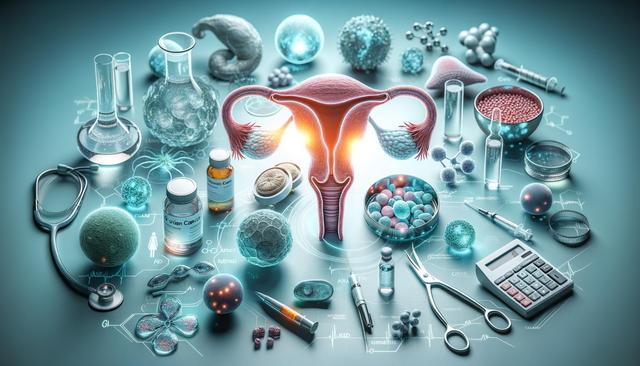Understanding the Role of Estrogen After Menopause
Estrogen is a hormone that plays a vital role in various functions of the female body, including regulating mood, maintaining bone density, and supporting reproductive health. After menopause, estrogen levels naturally decline, which can trigger a range of symptoms. These changes are a normal part of aging, but for many women, they can significantly affect quality of life. Recognizing the signs of low estrogen is the first step toward finding effective relief. Common symptoms include:
- Frequent hot flashes and night sweats
- Vaginal dryness or discomfort during intimacy
- Fatigue and sleep disturbances
- Changes in mood or increased irritability
- Thinning hair and dry skin
Understanding these symptoms can help women seek appropriate support and explore treatments such as hormone therapy or other methods tailored to their needs.
Identifying the Signs of Low Estrogen
Recognizing low estrogen can sometimes be challenging because its symptoms often overlap with other health issues. However, if you’re experiencing a combination of physical and emotional changes after menopause, it may be time to consider hormone levels as a factor. A healthcare provider can confirm low estrogen through a blood test and guide you on possible next steps. Women over 50 looking for the best treatments for low estrogen in women over 50 often benefit from a personalized approach that includes both medical and lifestyle changes. It’s essential not to ignore these symptoms, as untreated hormonal imbalances can affect long-term health, including bone strength and heart health.
Treatment Options: From Hormone Therapy to Natural Support
There are several methods to address estrogen deficiency after menopause. Hormone Replacement Therapy (HRT) is one of the most widely discussed, aiming to replenish declining hormone levels with synthetic or bioidentical hormones. Another option gaining attention is using estrogen cream for postmenopausal symptoms, which can be applied topically to target specific areas, especially for vaginal dryness. For those seeking alternatives to prescription medications, natural remedies and supplements can be beneficial. Many women buy low estrogen supplements for menopause that include ingredients like black cohosh, red clover, or soy isoflavones, which may support hormonal balance through plant-based compounds.
In addition to supplements, lifestyle changes can also support hormonal health:
- Eating a balanced diet rich in phytoestrogens
- Staying physically active to support mood and bone health
- Practicing stress-reducing activities like yoga or meditation
- Ensuring consistent sleep patterns
Consulting with a healthcare provider can help determine which combination of treatments is most appropriate for your situation.
Where to Find Help and Support
If you suspect that low estrogen is affecting your daily comfort, it’s important to seek support. Women often start by searching for a low estrogen treatment near me to find trusted professionals who can offer guidance. Gynecologists, endocrinologists, and menopause specialists can provide comprehensive evaluations and help tailor a treatment plan that aligns with your health goals and lifestyle preferences. In some cases, a combination of therapies may be advised to address multiple symptoms simultaneously.
Pharmacies, wellness stores, and online platforms also offer a wide selection of low estrogen relief products for hot flashes, such as cooling sprays, herbal supplements, and wearable cooling devices. It’s important to choose these products carefully, prioritizing those with transparent ingredient lists and positive user reviews. Always review product labels and consult with a healthcare provider before starting any new supplement, especially if you are taking other medications.
Finding Balance Through Personalized Care
Every woman’s experience with menopause and hormonal changes is unique. What works for one person may not work for another, which is why a personalized approach is essential. Whether you decide to explore HRT, use estrogen cream for postmenopausal symptoms, or buy low estrogen supplements for menopause, it’s crucial to monitor how your body responds and adjust accordingly. Building a support team that includes healthcare providers, wellness coaches, and even peer support groups can make a significant difference in how you manage symptoms.
Take time to evaluate your options and listen to your body. Relief from symptoms like hot flashes, mood swings, and fatigue is possible with the right combination of treatments and lifestyle adjustments. Utilize resources available in your community and online to stay informed and empowered throughout your postmenopausal journey.
Conclusion: Supporting Wellness After Menopause
Managing low estrogen after menopause is a significant step toward maintaining comfort and wellbeing. By recognizing the symptoms early and exploring a mix of medical and natural approaches, women can regain a sense of balance. Whether you’re considering low estrogen relief products for hot flashes or searching for a low estrogen treatment near me, the key is to stay proactive, informed, and supported. Personalized care, guided by professional advice, is an effective way to address hormonal changes and continue enjoying a healthy, active lifestyle after menopause.




Leave a Reply